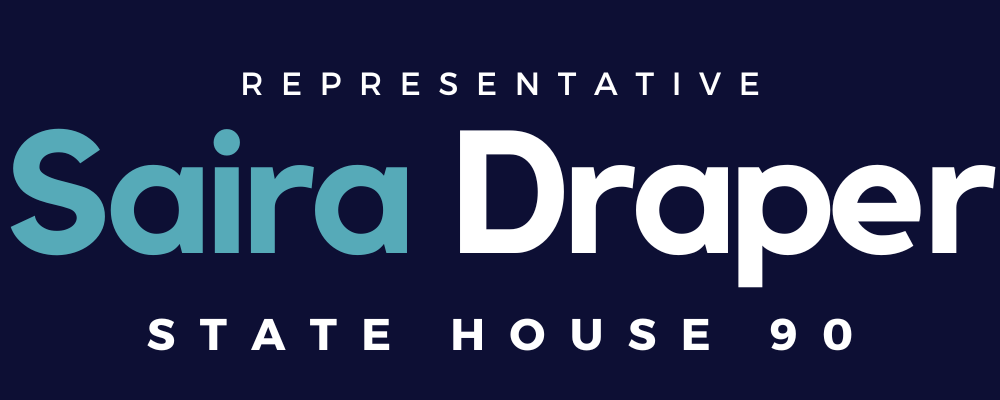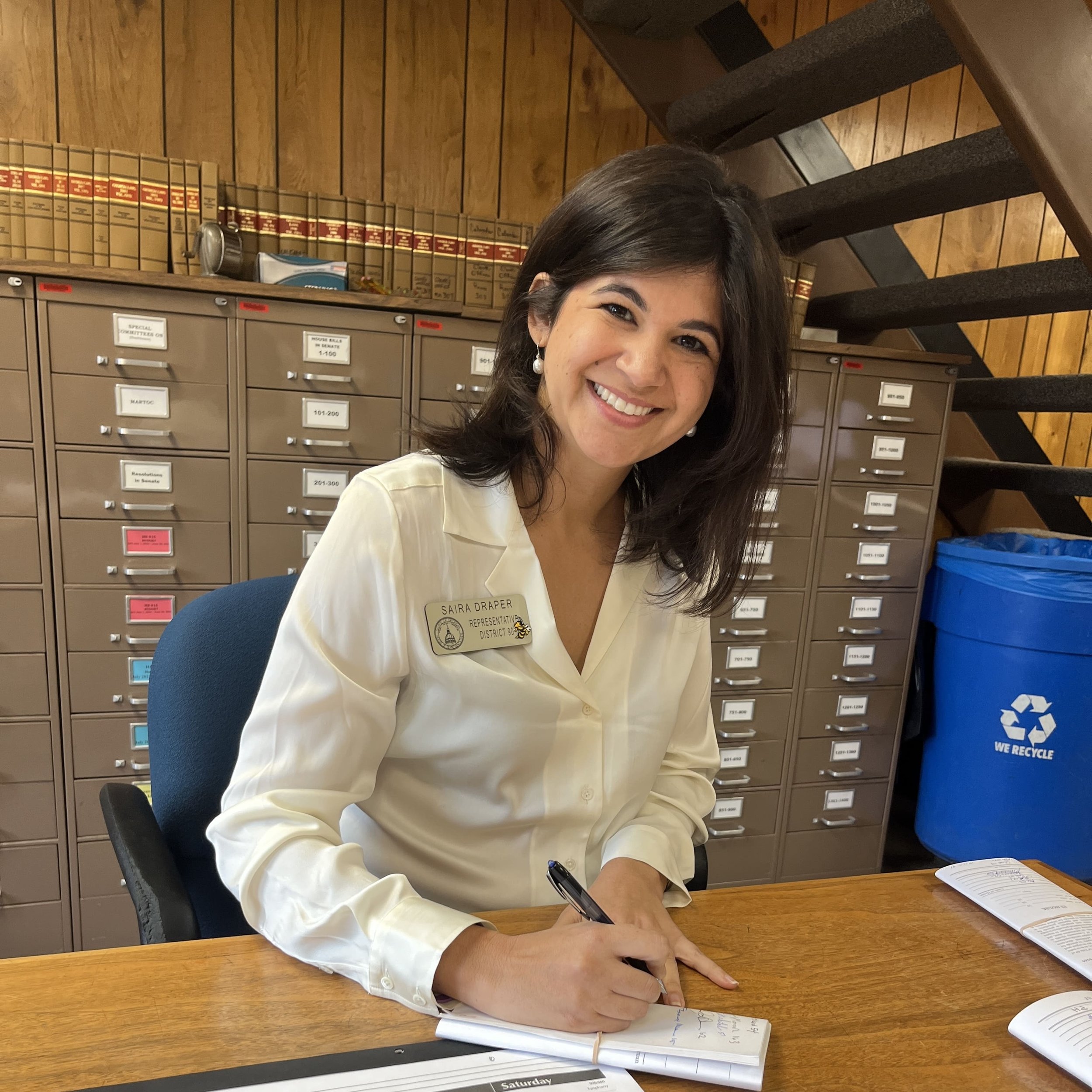Legislative Session Week 6
HD 90 Town Hall Series off to a great start!
February 21, 2024
In this issue:
HB 1118: Protection for Election Workers gaining momentum
HB 1279: The Representative Democracy Enforcement Act
State Election Board shows support for no excuse absentee voting
HB 1014: When should intellectual disability prevent the execution of convicted criminals?
Save the Swamp
Friends and Constituents at the CapitolAs we race toward the critical date of February 29 in the legislative session – crossover day – there was some movement in bills that will help Georgians. But we also saw some disappointing and outrageous votes this past week.
But first, have you signed up yet for a House District 90 Town Hall? My next town hall – with Senators Davenport and Parent and Commissioner Larry Johnson – is tonight, the 21st, at Brownwood Park Recreation Center 6:30-8 p.m. And we have six more after that.
Want to know more about the legislative session?
You’ll have plenty of opportunities over the next two months. I’ve partnered with DeKalb Dems to host town halls throughout the district, a series we are affectionately calling the HD 90 Road Show.
And we’re off to a great start! The first town hall took place at the Cedar Grove United Methodist Church last week. Fellow elected officials joined us for a lovely evening in an intimate setting. We munched on popcorn from Always Sweet (alwayssweetinc.com) in South Dekalb and talked as if we were sitting around a dining room table. A lot of information was shared and a lot of questions were answered.
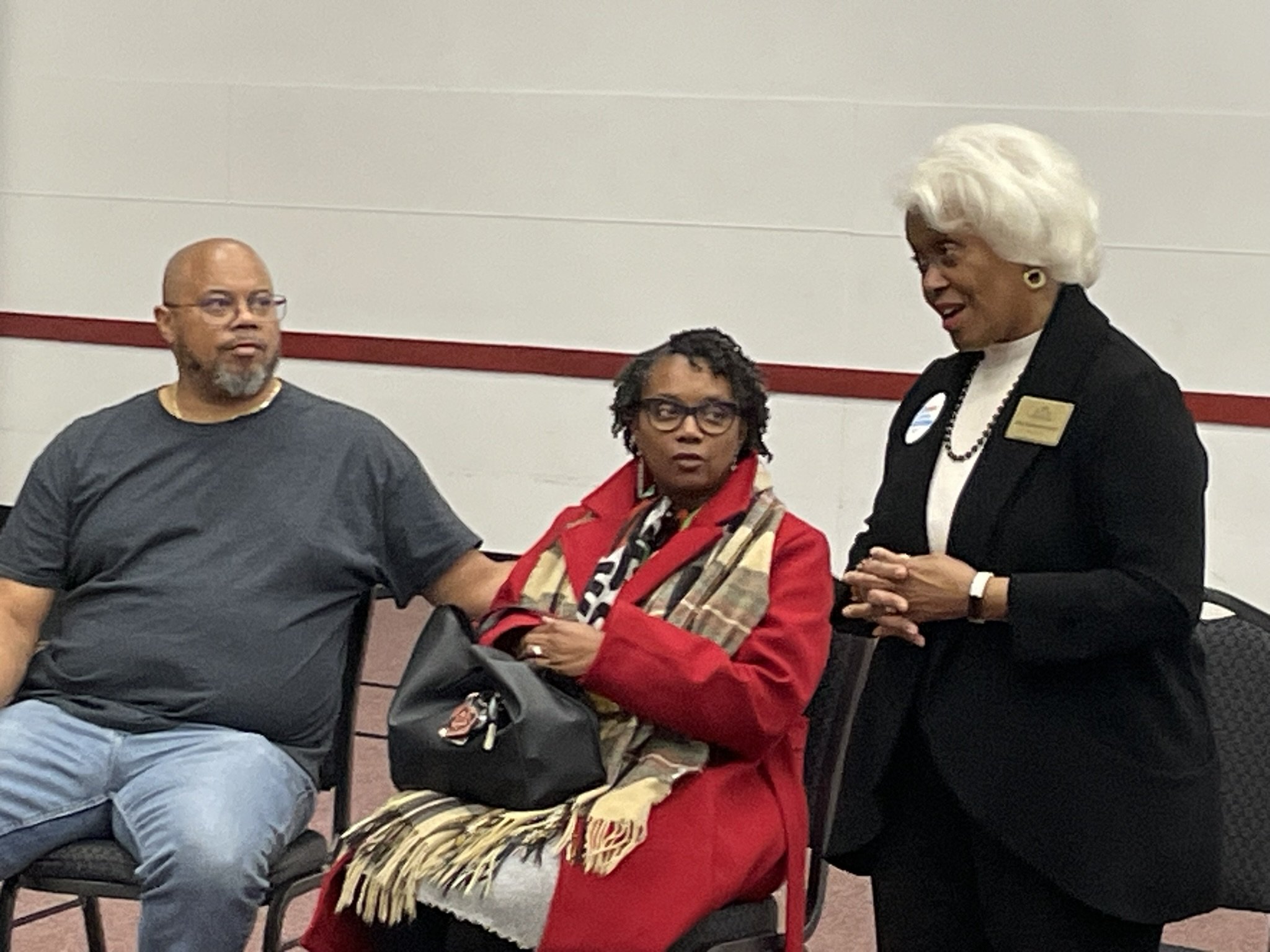
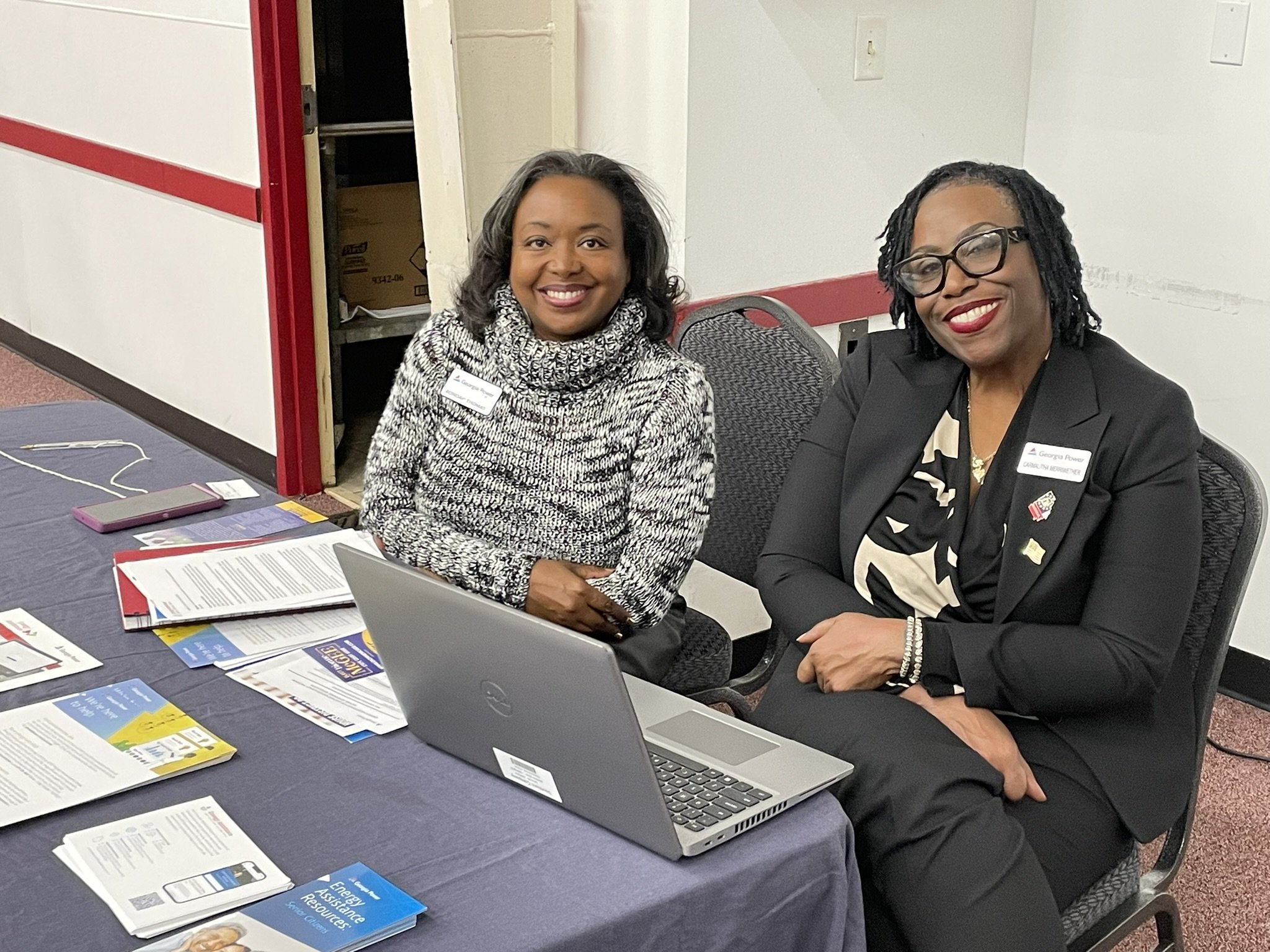
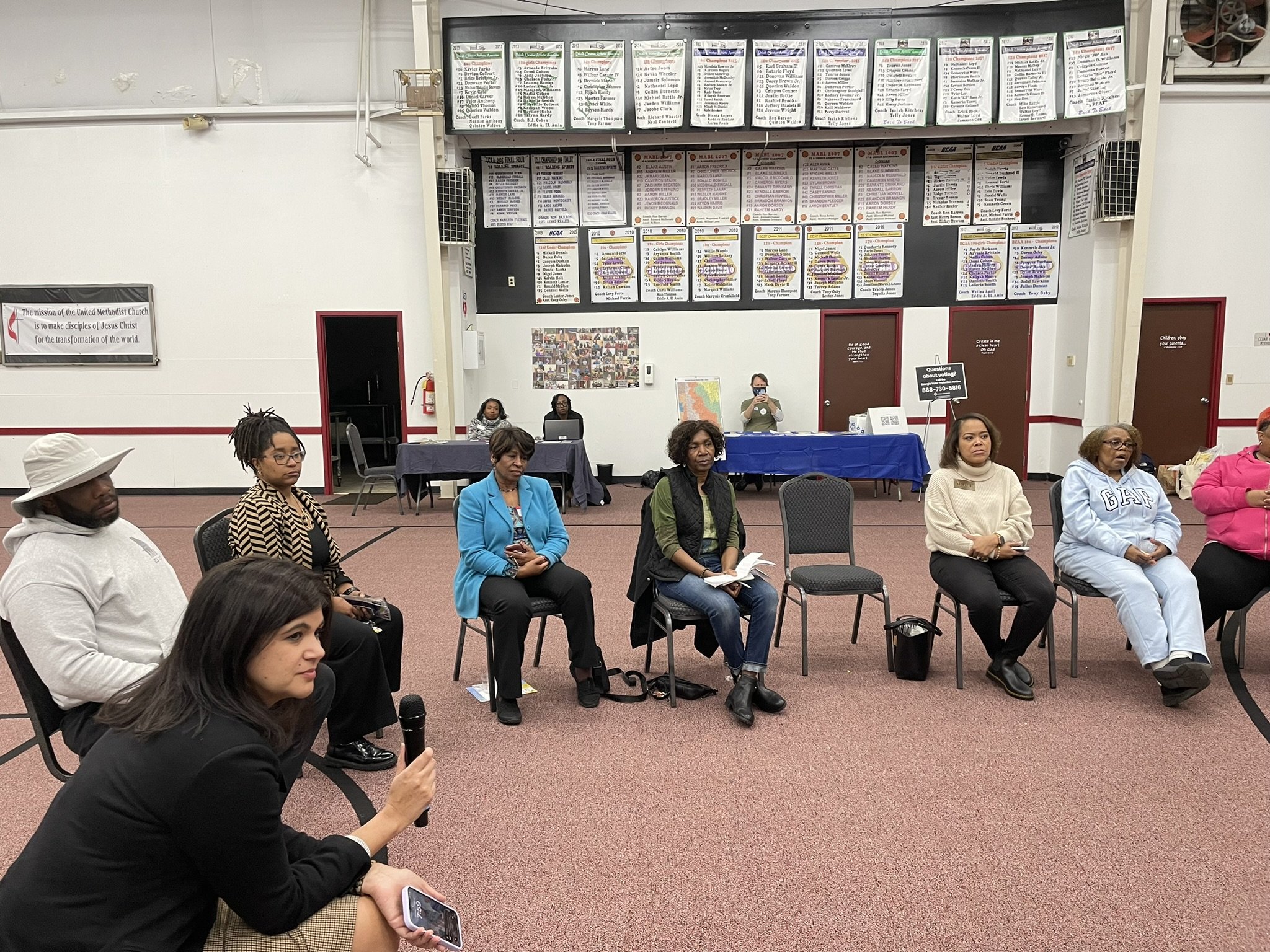
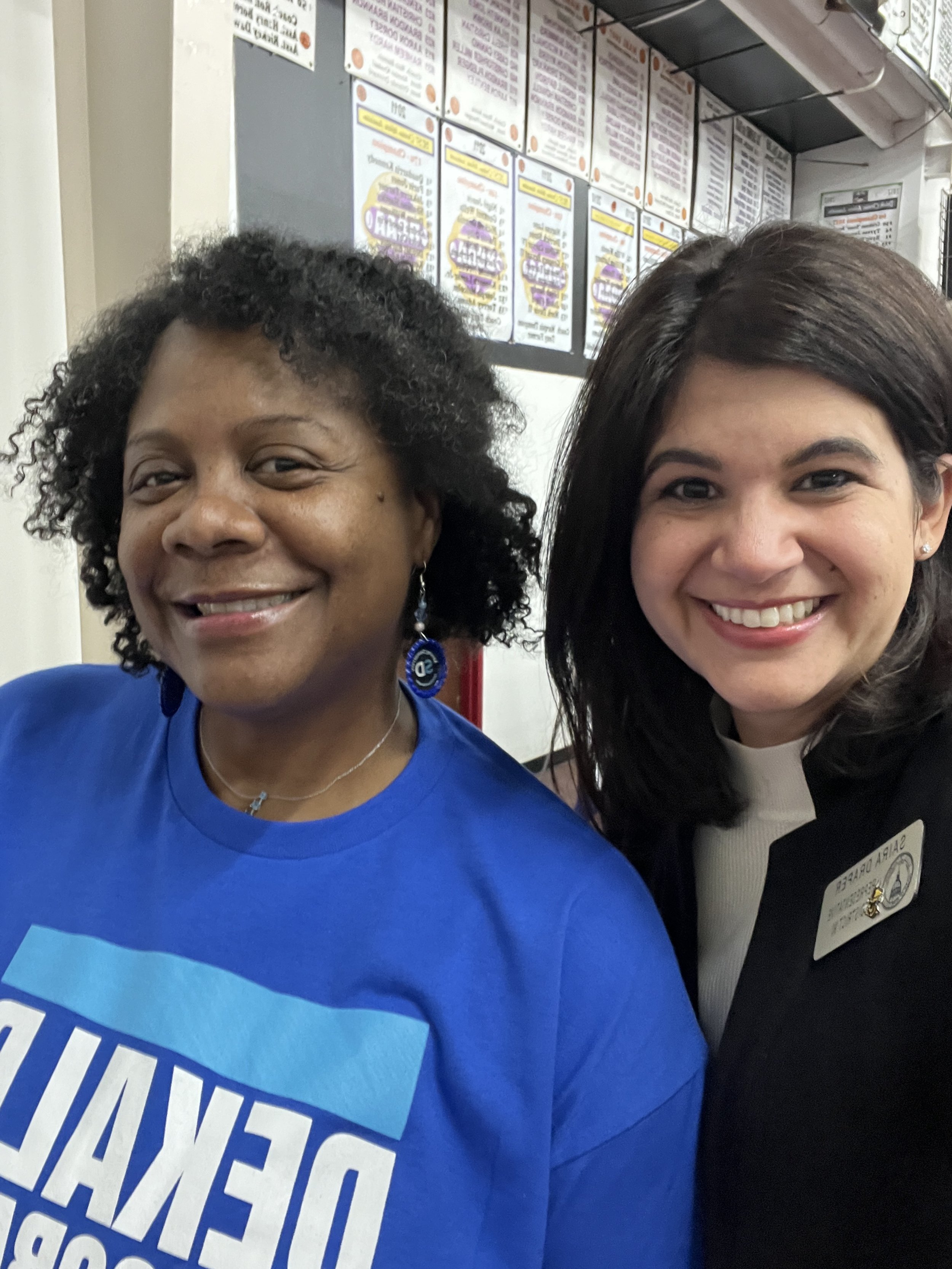
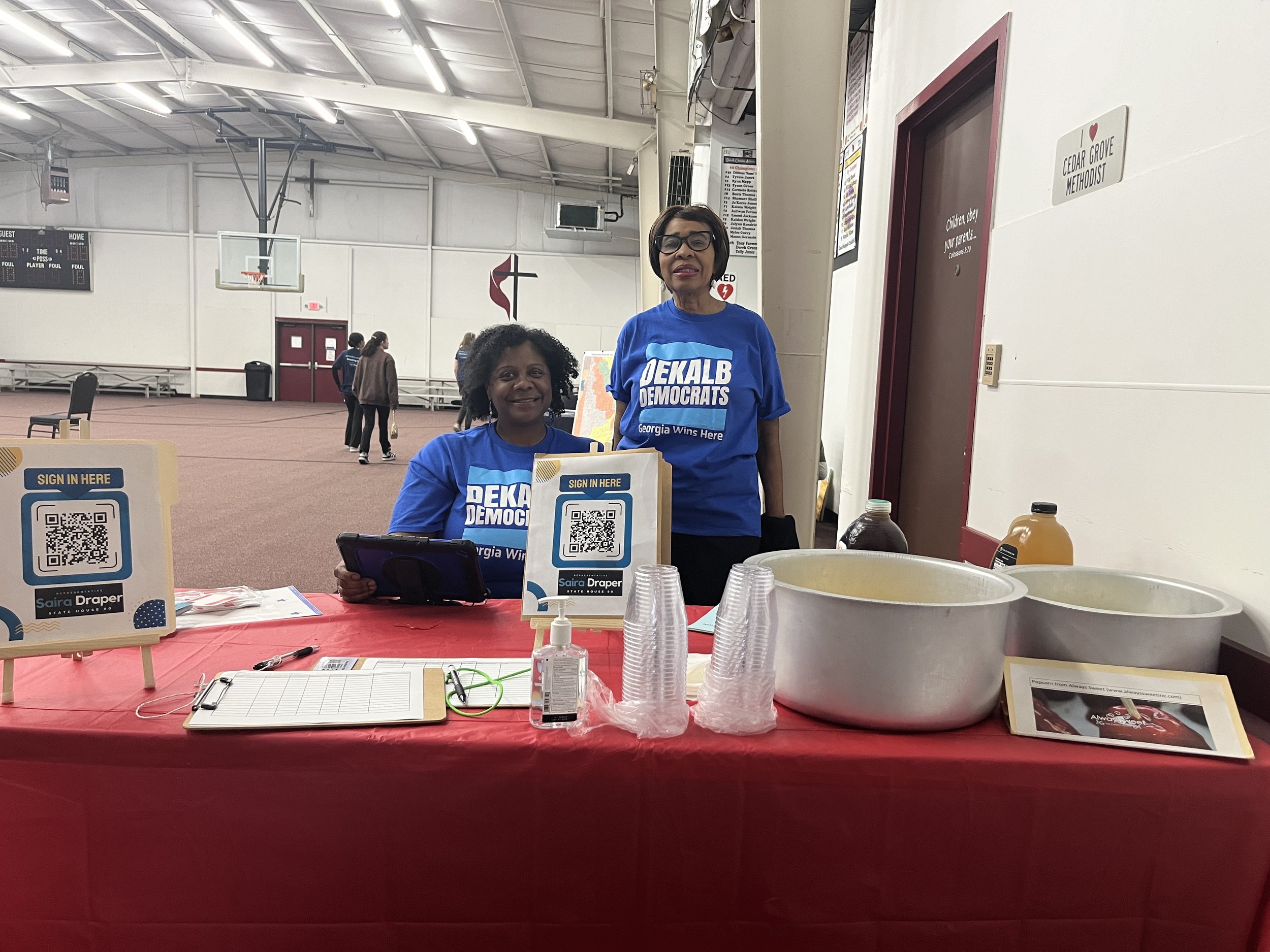
Don’t forget to vote
Early voting in the presidential preference primary has started and will continue until March 8. Voters can cast ballots at any early-voting polling place in their county. The times and locations for DeKalb voters are on my website.
On Election Day, March 12, however, voters must go to their assigned polling place. That information is available on the website operated by the Georgia Secretary of State.
We have another primary in May (yours truly will be on that ballot!), so if you aren’t registered already, go ahead and register so you can vote in the next election.
Protection for Election Workers gaining momentum
I spoke with 11Alive last week about several of my bills. Here’s some exciting reporting on my bill to protect election workers.
Our Representative Democracy is not working
My office hears from many, many constituents with things on their minds, issues like reproductive rights, gun safety, and Medicaid expansion.
Despite overwhelming support for changes regarding these issues, constituents aren’t seeing any movement because of opposition by the majority party at the Capitol.
And it’s not just Democrats that want these changes– it's the majority of Georgians.
For example, my colleagues and I were deluged after Kansas voters went to the polls to instill protection of abortion rights in their state Constitution. There was another wave after Ohio voters did the same thing.
Georgians wanted to know why that could not happen here at the state level.
Democrats file bills – good bills – every session but Republicans who run the committees won’t even give us a hearing.
So Rep. Shea Roberts of House District 57 and I introduced measures to give the people a work around. Check it out:
HR 1134 and the companion House Bill 1270 would allow the people to amend or repeal states laws and the Georgia constitution by putting the question at issue directly on a statewide ballot.
HR 1134 and HB 1270 are crafted so that only serious public initiatives can succeed.
Under our plan, at least 10 percent of the total number of Georgians voting in the most recent presidential election would need to sign a petition in order to put a proposed constitutional amendment on the ballot.
And if citizens get enough support to put a proposed constitutional amendment on the ballot, it would take a vote of two-thirds to pass.
As for a change to state law, it would take at least 8 percent of the number of people voting in the most recent presidential election to sign a petition, and take 60 percent of the vote to pass.
No easy lift.
I am realistic and I understand that getting this through the legislature, the first step, is close to 0. It would take a two-thirds vote from each chamber. And then voters in November would have to agree to change the constitution to allow public initiative.
But I think there would be enormous popular support for allowing voters to go around lawmakers who ignore them.
The people have spoken… and the State Election Board Listened
Last week, there was an excellent example of voters making their voice heard. Word got out that the State Elections Board was considering a position to abandon no-excuse absentee voting, and voters responded with passion.
For two decades, Georgia voters have been able to request an absentee ballot without providing a specific reason, and absentee voting has been used by many voters over the past several years.
The idea floated was to allow only voters with disabilities or those who would not be in town on Election Day to cast absentee ballots.
Over the course of just a few days, more than 700 of us emailed our thoughts about this.
The message was “don’t do it.”
The State Elections Board voted 3-2 to shelve the proposal.
This is just one example of how people can influence government actions.
When should intellectual disability prevent the execution of convicted criminals?
House Bill 1014 addresses some of the inequities and blatant unfairness in our criminal justice system. HB 1014 would lower the threshold for determining if a convicted killer is mentally disabled such that he cannot understand the sentence. If he cannot, he should not be executed.
In 1988, two years after Jerome Bowden was executed, Georgia became the first state in the nation to prohibit the execution of people with severe mental disability.
In a 2002 case from another state, the U.S. Supreme Court ruled that it was unconstitutional to execute the mentally disabled, but left the details to the states.
Georgia continued to require the highest standard of proof in the U.S. judicial system–proof beyond a reasonable doubt, while other death penalty states opted for a lower standard, a preponderance of the evidence.
Several years ago, Georgia’s high threshold was challenged in the case of Rodney Young. The Georgia Supreme Court upheld his sentence and the U.S. Supreme Court declined to take the case, leaving Mr. Young on death row.
But then-chief justice of the Georgia Supreme Court recommended the Legislature change Georgia’s law.
A bill introduced in 2022 did not succeed, so we’re trying again to bring Georgia in line with other states.
HB 1014 would lower the standard of proof of an intellectual disability to a “preponderance of the evidence.” It’s a bi-partisan bill and I’m proud to be a co-sponsor.
Georgia should never execute someone who is incapable of understanding what a death sentence means or that they are about to be executed.
I support efforts to make our laws more humane. This bill would move Georgia in that direction.
From speaking with colleagues, I am hopeful this bill will receive a committee hearing this week.
We should not let another legislative session pass without addressing this egregious practice.
Save the swamp
More than 90 Georgia House Democrats and Republicans are unified on at least one subject; the Okefenokee Swamp must be protected from mining.
Yet House Bill 71 sits in a committee where it has been since the 2023 session, and the nation’s largest blackwater swamp is facing possible irreparable damage.
Earlier this month, the state Environmental Protection Division issued a permit to Alabama-based Twin Pines Mineral to dig for titanium dioxide three miles away from the Okefenokee National Wildlife Refuge in southeast Georgia.
Twin Pines wants to dig in a 582-acre area at the Trail Ridge, the prehistoric barrier island that helped create the swamp by holding back its waters (see an explanation of the geology here) Not for a rare and precious metal, but for a common mineral used primarily to tint paint white. It’s easy to understand how damage to the ridge could endanger the swamp.
We have time, however. The permitting process is not final because EPD still needs to take public comment on the project.
Supporters of mining this national treasure say it will bring jobs to the southeast corner of the state.
But the negatives far outweigh any promised economic benefits.
Scientists with the U.S. Fish and Wildlife Service and the University of Georgia have said mining could cause irreversible damage to the swamp that feeds two rivers flowing into the Atlantic. Mining could mean more droughts and wildfires. The first phase of the project would destroy 300 acres of wetlands, pump out more than 1 million gallons of fresh groundwater, and pollute the swamp that is an important habitat to birds and alligators.
If we want to talk about economic benefits, mining there would hurt tourism to this natural beauty and the pending designation as a UNESCO World Heritage Site.
There are various environmental groups encouraging those who support the Okefenokee to make their thoughts known.
In the meanwhile, we need to pass HB 71 now.
Mamas and their babies should be safe
The House has agreed.
After Democrats held several public hearings on Georgia’s shameful maternal and infant mortality rate, the House approved the creation of a commission that will examine the causes of maternal and infant mortality in Georgia, and identify ways to address the problem.
Georgia has one of the highest maternal mortality rates in the country – almost twice the national rate. Yet we, as the minority party, couldn't get any traction on addressing the issue.
In those hearings set up by Democrats, moms and experts shared their compelling stories and statistics. It was heartbreaking
At first the GOP responded by asking Democrats to stop going to the floor daily to talk about this avoidable problem. Then they sent a representative to the House floor in an attempt to dispute our description of the problem and to claim Republicans are protecting moms and babies.
I insisted then that this is not a partisan effort and I have been proven right. A few days ago, the House voted unanimously to create the commission – that’s Republicans and Democrats.
I am hopeful this commission will come up with solutions that will translate into changes in state law, state spending, and state policies that will make Georgia a safer place for mothers and babies.
In service,
